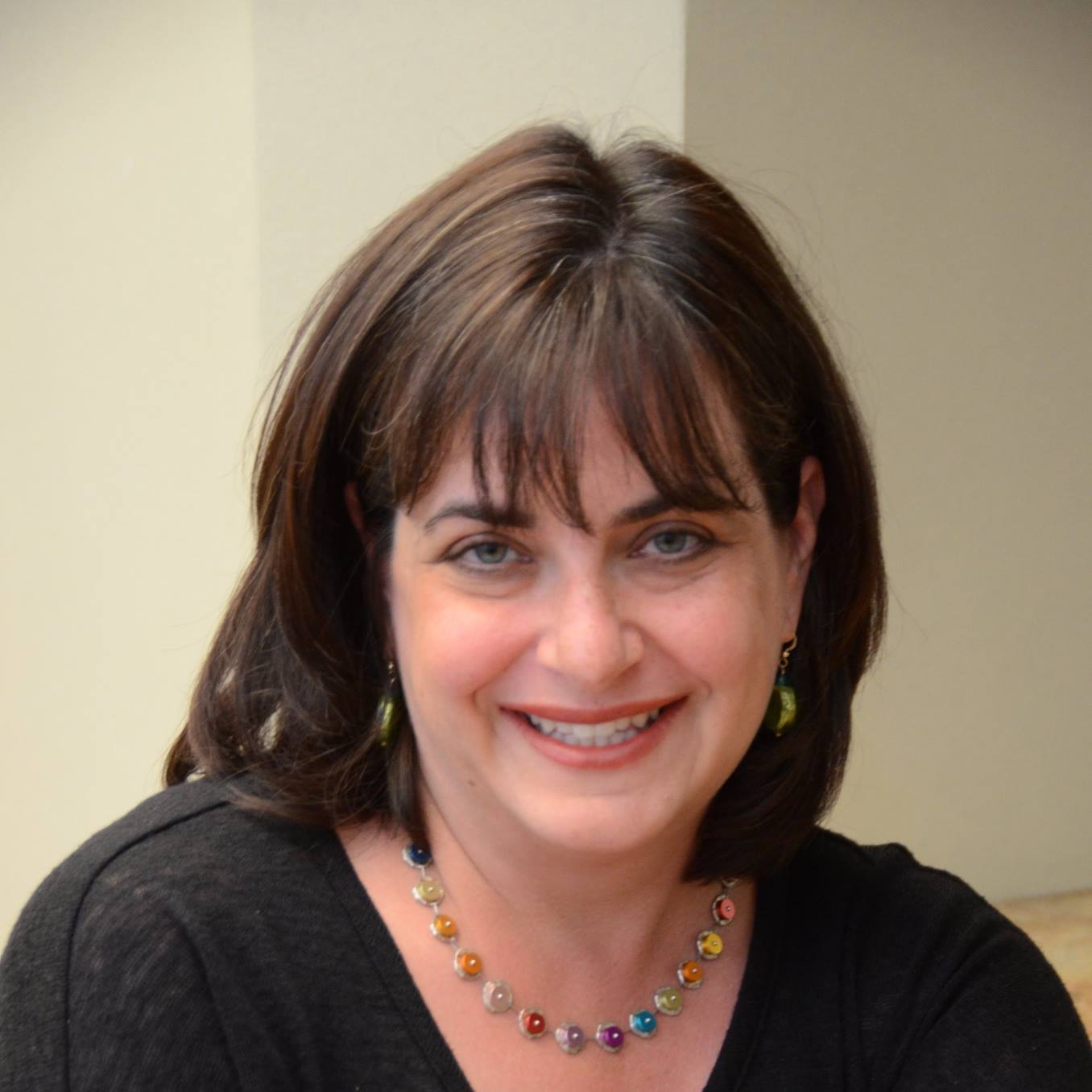
Julie Gruenbaum Fax
Julie Gruenbaum Fax is a content strategist and writer for the USC Shoah Foundation. She was a senior writer and editor at the Jewish Journal of Los Angeles and has co-authored six personal history books. She is currently writing a book about her grandmother’s Holocaust experience.
Articles by Julie Gruenbaum Fax
The USC Shoah Foundations mourns the passing of friend and colleague Ita Gordon, an indexer, translator, mentor, and researcher who, for nearly thirty years, channeled her passion for testimony into diligent care and expertise that helped the organization become a world leader in collecting, preserving, and sharing Holocaust survivor testimony.
In a five-hour interview with the USC Shoah Foundation, Justus Rosenberg refers to himself as a “small fry,” “a cog,” an unimportant person. And perhaps it was for this reason that for decades, the Bard College literature professor hadn’t let on—to his colleagues, to his students, and even, for a time, to his wife—that he had fought and outwitted the Nazis during World War II to save thousands from persecution.
On January 23, 2002, Ruth Pearl dreamt that her son, Wall Street Journal reporter Daniel Pearl, was scared and in trouble. In her dream, she told him she would bring him tea and take care of him. She woke up in a panic and sent an email to Daniel, who was on assignment in Karachi, Pakistan.
“I said, ‘Danny, this is a dream that I had. Please humor me and answer this email immediately.’ He never did,” Ruth said in an interview with the USC Shoah Foundation in 2014.
Robert Widerman Clary was among the first 100 Holocaust survivors interviewed for USC Shoah Foundation’s Visual History Archive, and he conducted 75 interviews of other survivors. In his testimony, he talks about his instinct and talent for entertaining—honed while he was a child in Paris—saved and shaped his life.
Not long after Feigele (Vladka) Peltel’s father died of pneumonia in the Warsaw Ghetto in 1940, the 17-year-old found herself at a lecture about Yiddish author I.L. Peretz hosted by her social democratic youth group, Tsukunft (The Future). She doesn’t precisely remember the talk, but she does recall the energy in the room.
In the moments before Shaylee Atary Winner escaped from her home in the early morning hours of October 7, she saw her husband fighting to close the iron window grates in their safe room over the hand of a terrorist who was reaching in.
With a glance, Shaylee and her husband silently agreed she would take their baby and run.
Middle and high school students around the world are exploring the themes of resistance, solidarity and resilience using an innovative new film-based curriculum produced by the USC Shoah Foundation and The Ghetto Fighters’ House Museum in Israel, one of the first Holocaust museums in the world.
How could the Nazis have systematically murdered six million Jews, and how could the world have stood passive as it happened?
These momentous questions are neither rhetorical nor unanswerable to Jan Karski, a Polish Catholic diplomat who brought eye-witness reports of Nazi atrocities to Western leaders as early as 1942, and who is the subject of a new film, Remember This.
The USC Shoah Foundation mourns the passing of Thomas Buergenthal, one of the youngest known survivors of Auschwitz who later became an esteemed human rights attorney and United States representative on the International Court of Justice in The Hague. Thomas passed away on May 29, 2023, in Miami, Florida. He was 89.
Thomas was just shy of 11 years old when he was liberated from the Sachsenhausen Concentration Camp after enduring a death march from Auschwitz, where he survived by volunteering to work.
USC Shoah Foundation mourns the passing of Marta (Weiss) Wise, who was ten years old when she was liberated from Auschwitz, having endured the medical torture of Josef Mengele, along with her sister, Eva (Weiss) Slonim. She was 88.